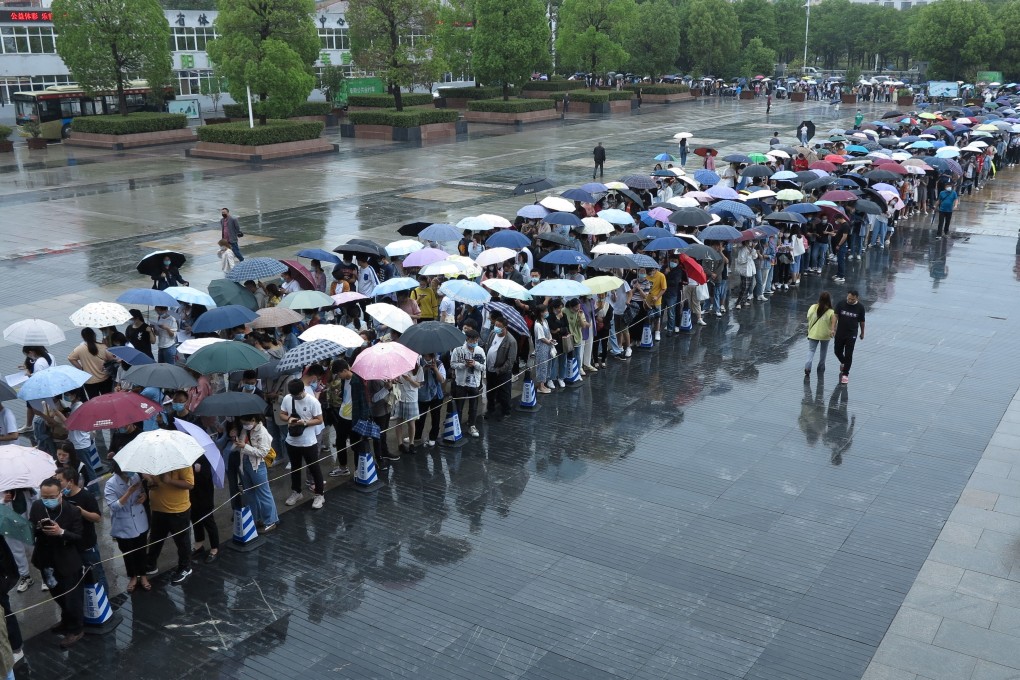Opinion | China’s zero tolerance for coronavirus cases is unfair for some but justified for many
- After the Wuhan lockdown last year, there is a shared perception in China that a single infection equates to a mini-disaster that must be avoided at all costs
- Outbreaks in India, Japan and even Taiwan have served as evidence to Chinese officials that no chances should be taken

But for local Chinese officials to receive verbal warnings, demotions or other disciplinary measures for failing to ensure zero infections under their watch is harsh and even a bit unfair, since the spread of Covid-19 is sometimes beyond their control. If the same standards were applied in other countries such as India or the United States, there would be few government officials left.
In China’s political context, however, punishing local officials is seen as not only justified, but necessary. It is part of a top-down system that forces local officials to be extremely vigilant about the coronavirus in line with the state goal of ensuring zero infections.
For practical reasons, China’s normal economic and social activities can be maintained only when there is no community spread of the coronavirus. Both public health and economic growth are at stake.
China’s zero tolerance for infections comes as its central leadership wants to show its people, and the world, that the Chinese way of containing the coronavirus is the most effective, and that this type of control is possible only through China’s unique governance system.
In other words, zero cases represent the strength of China’s system. As China’s Communist Party gears up to celebrate its 100th anniversary in July, the last thing it wants is Covid-19 disruptions. Recent experiences in India and Japan, and now Taiwan, have shown Chinese officials that no chances should be taken.
